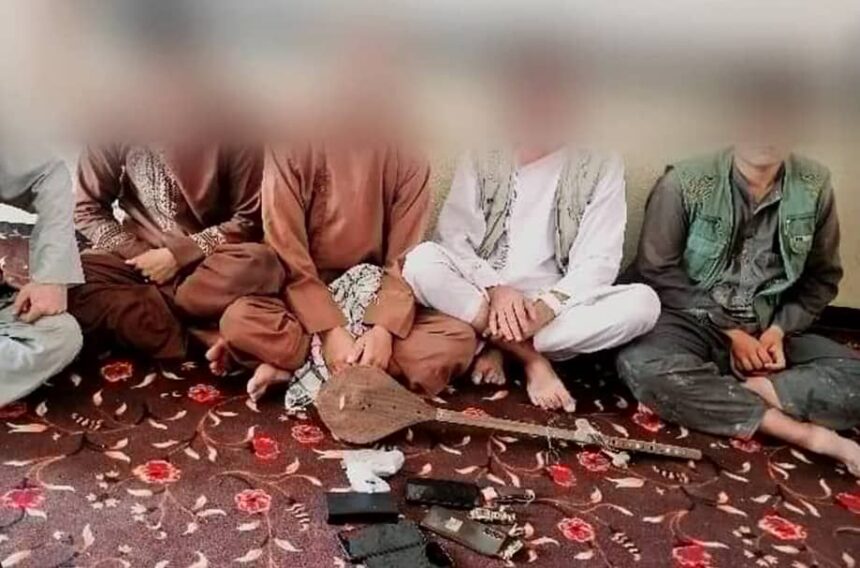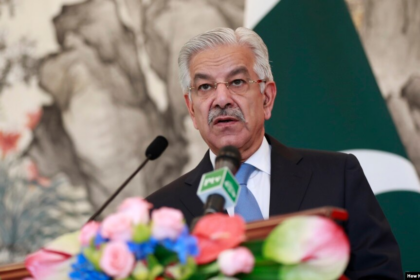RASC News Agency: In a stark illustration of the Taliban’s tightening grip on cultural life in Afghanistan, local authorities in Takhar province have arrested five residents for the so-called crime of playing music inside a private residence. The arrests mark yet another escalation in the regime’s systematic dismantling of civil liberties and artistic expression. According to Taliban officials, the incident occurred in District Six of Old Taloqan, the provincial capital. Nizamuddin Amir, spokesperson for the Taliban’s police command in Takhar, confirmed that the five individuals local residents were taken into custody during a security raid and that legal proceedings have since been initiated against them.
These arrests reflect the Taliban’s harsh and regressive policies on music and cultural activity. Since reclaiming power in August 2021, the group has imposed an uncompromising ban on all forms of music, branding it un-Islamic and a moral threat. This sweeping prohibition has been enforced with arbitrary arrests, physical abuse, and widespread intimidation, eroding what remains of Afghanistan’s once-vibrant cultural landscape. Human rights groups have condemned the Taliban’s actions as a gross violation of freedom of expression and cultural rights. “The ban on music is not merely an act of censorship,” one civil society advocate said. “It is part of a broader campaign to suffocate Afghanistani identity, silence creative voices, and erase the cultural memory of an entire generation.”
Afghanistani citizens, particularly artists, musicians, and youth, are increasingly living under a climate of fear. Many have fled the country; those who remain are forced into silence, with their art driven underground or extinguished entirely. The Taliban, despite growing international criticism, continues to double down on these policies justifying them under the pretext of enforcing ‘Islamic values.’ Over recent months, multiple cases have surfaced of musicians being detained, tortured, or publicly humiliated for performing or even possessing musical instruments. The crackdown has extended to weddings, social gatherings, and private homes turning everyday expressions of joy and tradition into acts of risk and defiance.
The arrest of the five residents in Takhar is only the latest instance in a pattern of systemic cultural suppression. In a society still reeling from decades of war, the Taliban’s war on culture adds another layer of trauma stripping people not only of their freedoms but also of their voice, dignity, and identity. Despite these repressive measures, cultural activists within and outside the country continue to call for greater international attention and action. They warn that if the world fails to respond, the Taliban will succeed in turning Afghanistan into a hollow state bereft not only of rights and governance but also of spirit, memory, and song.






